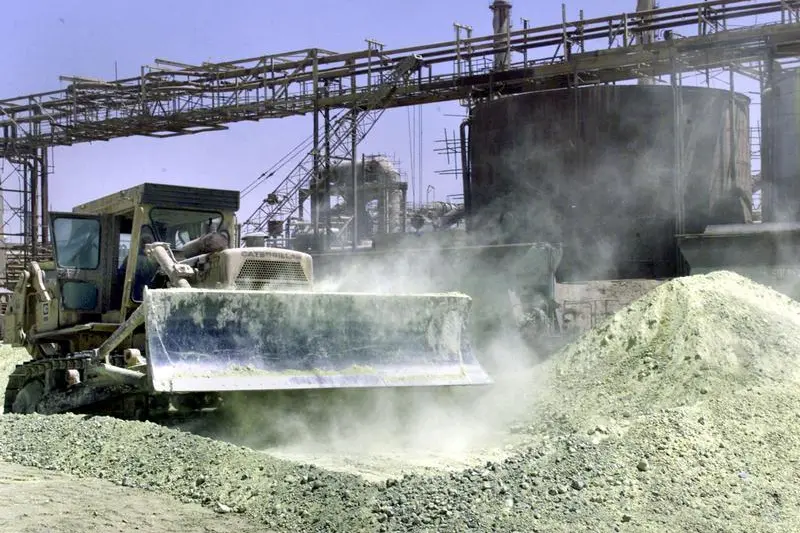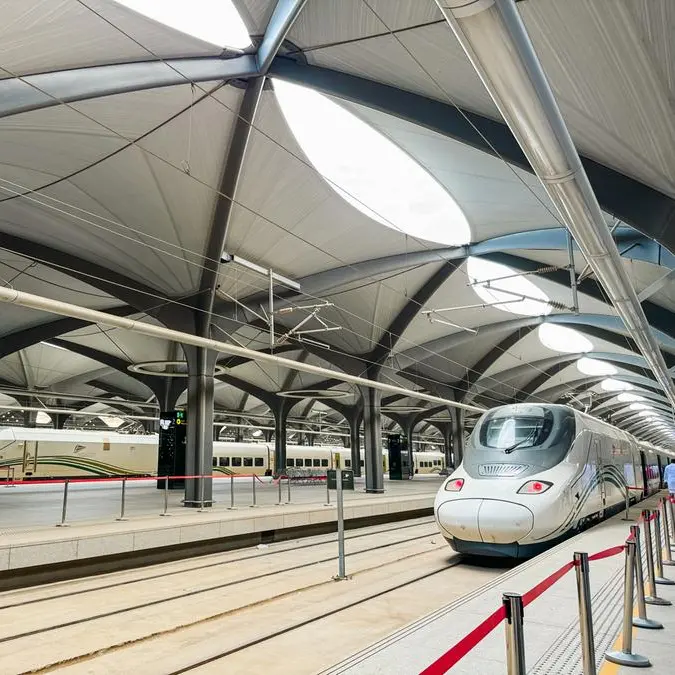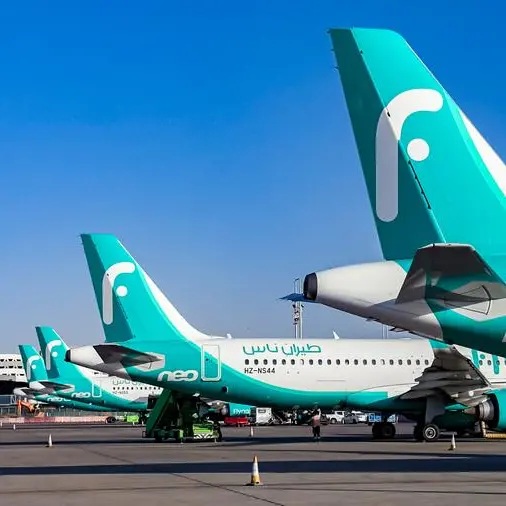PHOTO
SABIC Agri-Nutrients Company (SABIC AN) is exploring the adoption of electrified steam methane reformers (e-SMR) and auto thermal reformer (ATR) technologies to decarbonise assets and reduce emissions to support the development and marketing of low-carbon products.
This move aligns with the company’s commitment to achieving carbon neutrality by 2050, as outlined in its roadmap approved in 2022.
The company has continued to take concerted steps to achieve the interim goal of reducing Scope 1 and 2 emissions by 20 percent in 2030, SABIC AN said in its 2023 financial statement.
The company has made efforts to continually improve the effective utilisation of water, reducing the carbon footprint in urea packaging with recycled materials.
In its first quarter 2024 outlook, SABIC AN said fertiliser is increasingly vulnerable to Suez/Panama Canal transit disruptions, which will raise shipping costs and directly cut into producer netbacks.
“The ability to pass on the extra transport costs to downstream customers will influence the regional trade flows in 2024. This primarily affects seaborne ammonia, which depends on a limited number of specialised gas carriers delivering on fixed contracts, rather than the more flexible dry bulk movement.”
Any prolonged shortage of merchant ammonia could lead to phosphate and nitrate fertiliser deficits, the statement warned.
(Writing by D Madhura; Editing by Anoop Menon)
(anoop.menon@lseg.com)
Subscribe to our Projects' PULSE newsletter that brings you trustworthy news, updates and insights on project activities, developments, and partnerships across sectors in the Middle East and Africa.





















